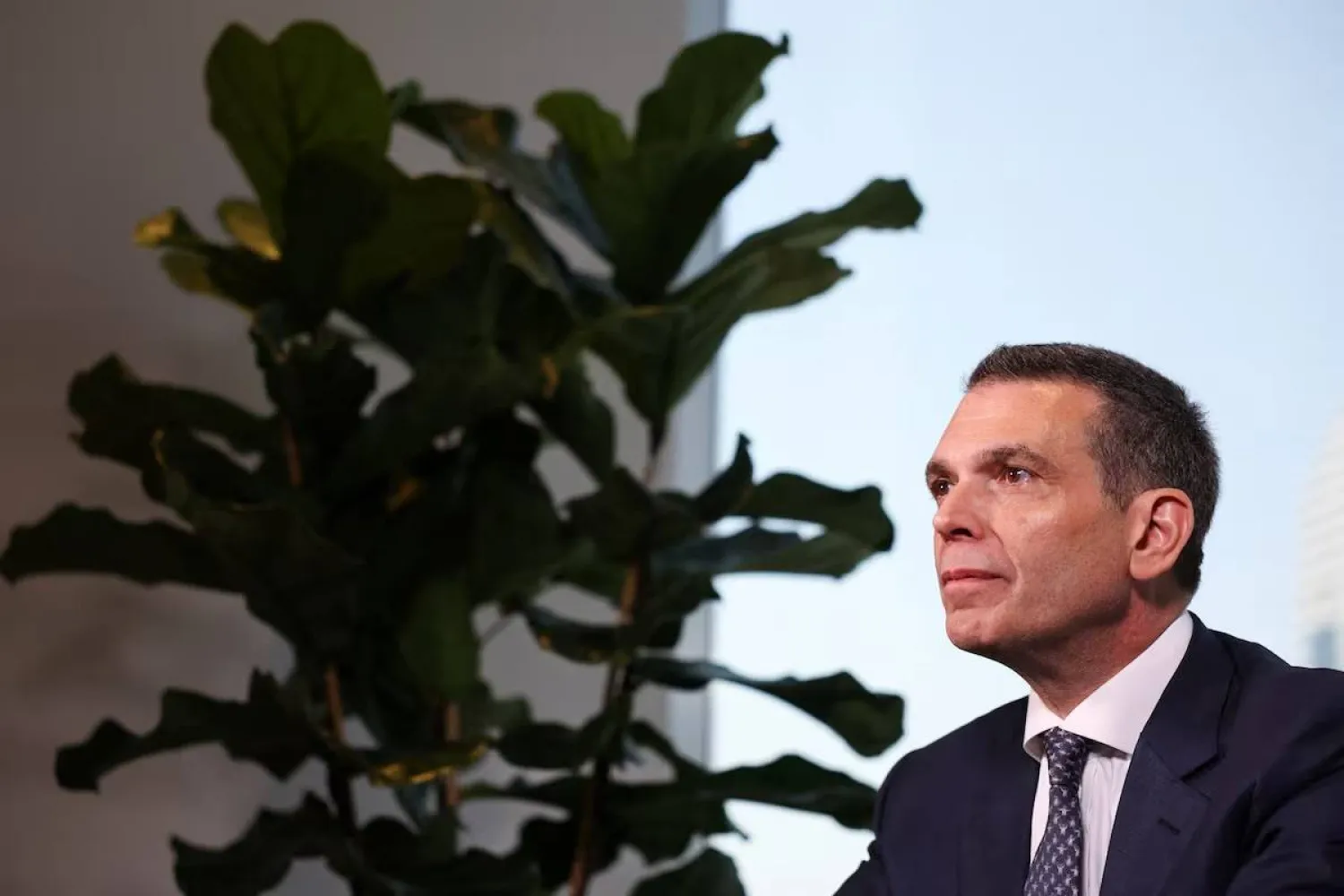Saudi Arabia's TAWAL raised $1.42 billion in Islamic financing to fund the acquisition of the mobile telecommunications infrastructure unit of United Group in Bulgaria, Croatia and Slovenia, parent Saudi Telecom Company (STC) said on Sunday.
TAWAL agreed in April to buy tower infrastructure worth 1.22 billion euros ($1.34 billion) from United Group in its first foray into Europe's telecoms market.
STC in a regulatory filing said a shariah-compliant bank loan funded the deal, which received necessary approvals and was completed on Aug. 24, according to Reuters.
Saudi National Bank, the kingdom's biggest lender contributed $1.02 billion, of which $300 million was a bridge loan.
Dubai Islamic Bank and First Abu Dhabi Bank contributed $250 million and $150 million respectively.
STC said the financial impact of the transaction will be reflected in its third-quarter earnings.
Saudi TAWAL Raises $1.42 bln to Buy European Towers from United Group
https://english.aawsat.com/business/4510031-saudi-tawal-raises-142-bln-buy-european-towers-united-group



Saudi TAWAL Raises $1.42 bln to Buy European Towers from United Group


Saudi TAWAL Raises $1.42 bln to Buy European Towers from United Group

لم تشترك بعد
انشئ حساباً خاصاً بك لتحصل على أخبار مخصصة لك ولتتمتع بخاصية حفظ المقالات وتتلقى نشراتنا البريدية المتنوعة







